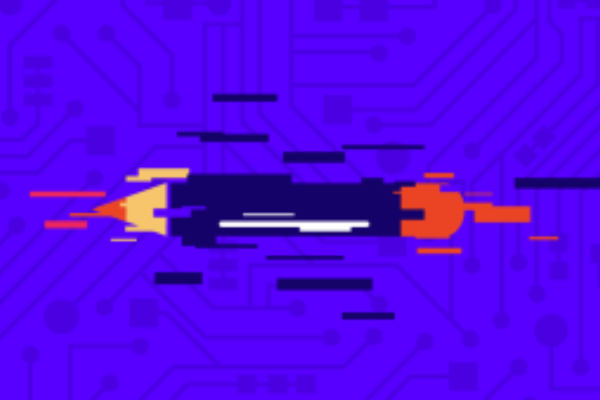On March 20, 2025, The Atlantic published a searchable database containing over 7.5 million books and 81 million research papers from Library Genesis (LibGen), a well-known source of pirated material. This dataset has reportedly been used by Meta, the parent company of Facebook, Instagram and WhatsApp, to develop its AI systems.
The publication revealed that authors’ works may have been included without their consent, raising significant concerns. Court documents indicate that Meta initially considered legally licensing the materials but ultimately chose to use the pirated content for cost and efficiency reasons, despite Meta’s vast market capitalization of $1.147 trillion. The company defended its actions by citing ‘fair use’ exception within the United States (US) copyright law. Although it’s unclear whether this defence applies in the US, particularly in commercial contexts like Meta’s use, such practices clearly violate the United Kingdom’s ‘fair dealing’ exception to copyright law.
The International Authors Forum stands united with its members in condemning Meta’s use of the LibGen dataset to train AI models on its platforms. It is essential that transparency and remuneration models are put into place to prevent the exploitation of creative works by the tech companies without the author’s consent. We also call on legislators to tighten regulation to protect creators’ rights. This is an issue that concerns the future of intellectual property and the respect and protection of creators who are the foundation of our society.
Read more on the issue and the call-to-action IAF members are taking on:

